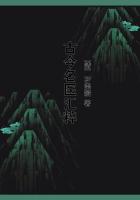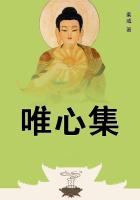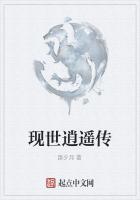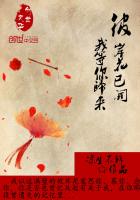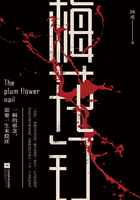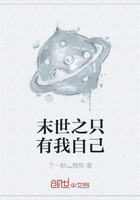No echo of the German ultimatum to Russia penetrated that academical peace. But the news had come. When we stepped into the street out of the deserted main quadrangle, we three, I imagine, were the only people in the town who did not know of it. My boy and I parted from the librarian (who hurried home to pack up for his holiday) and walked on to the hotel, where we found my wife actually in the car waiting for us to take a run of some ten miles to the country house of an old school-friend of mine. He had been my greatest chum. In my wanderings about the world I had heard that his later career both at school and at the University had been of extraordinary brilliance--in classics, I believe. But in this, the iron-grey moustache period of his life, he informed me with badly concealed pride that he had gained world fame as the Inventor--no, Inventor is not the word--Producer, I believe would be the right term--of a wonderful kind of beetroot seed. The beet grown from this seed contained more sugar to the square inch--or was it to the square root?--than any other kind of beet. He exported this seed, not only with profit (and even to the United States), but with a certain amount of glory which seemed to have gone slightly to his head. There is a fundamental strain of agriculturalist in a Pole which no amount of brilliance, even classical, can destroy. While we were having tea outside, looking down the lovely slope of the gardens at the view of the city in the distance, the possibilities of the war faded from our minds.
Suddenly my friend's wife came to us with a telegram in her hand and said calmly: "General mobilisation, do you know?" We looked at her like men aroused from a dream. "Yes," she insisted, "they are already taking the horses out of the ploughs and carts." Isaid: "We had better go back to town as quick as we can," and my friend assented with a troubled look: "Yes, you had better." As we passed through villages on our way back we saw mobs of horses assembled on the commons with soldiers guarding them, and groups of villagers looking on silently at the officers with their note-books checking deliveries and writing out receipts. Some old peasant women were already weeping aloud.
When our car drew up at the door of the hotel, the manager himself came to help my wife out. In the first moment I did not quite recognise him. His luxuriant black locks were gone, his head was closely cropped, and as I glanced at it he smiled and said: "Ishall sleep at the barracks to-night."
I cannot reproduce the atmosphere of that night, the first night after mobilisation. The shops and the gateways of the houses were of course closed, but all through the dark hours the town hummed with voices; the echoes of distant shouts entered the open windows of our bedroom. Groups of men talking noisily walked in the middle of the road-way escorted by distressed women: men of all callings and of all classes going to report themselves at the fortress. Now and then a military car tooting furiously would whisk through the streets empty of wheeled traffic, like an intensely black shadow under the great flood of electric lights on the grey pavement.
But what produced the greatest impression on my mind was a gathering at night in the coffee-room of my hotel of a few men of mark whom I was asked to join. It was about one o'clock in the morning. The shutters were up. For some reason or other the electric light was not switched on, and the big room was lit up only by a few tall candles, just enough for us to see each other's faces by. I saw in those faces the awful desolation of men whose country, torn in three, found itself engaged in the contest with no will of its own, and not even the power to assert itself at the cost of life. All the past was gone, and there was no future, whatever happened; no road which did not seem to lead to moral annihilation. I remember one of those men addressing me after a period of mournful silence compounded of mental exhaustion and unexpressed forebodings.
"What do you think England will do? If there is a ray of hope anywhere it is only there."I said: "I believe I know what England will do" (this was before the news of the violation of Belgian neutrality arrived), "though Iwon't tell you, for I am not absolutely certain. But I can tell you what I am absolutely certain of. It is this: If England comes into the war, then, no matter who may want to make peace at the end of six months at the cost of right and justice, England will keep on fighting for years if necessary. You may reckon on that.""What, even alone?" asked somebody across the room.
I said: "Yes, even alone. But if things go so far as that England will not be alone."I think that at that moment I must have been inspired.

